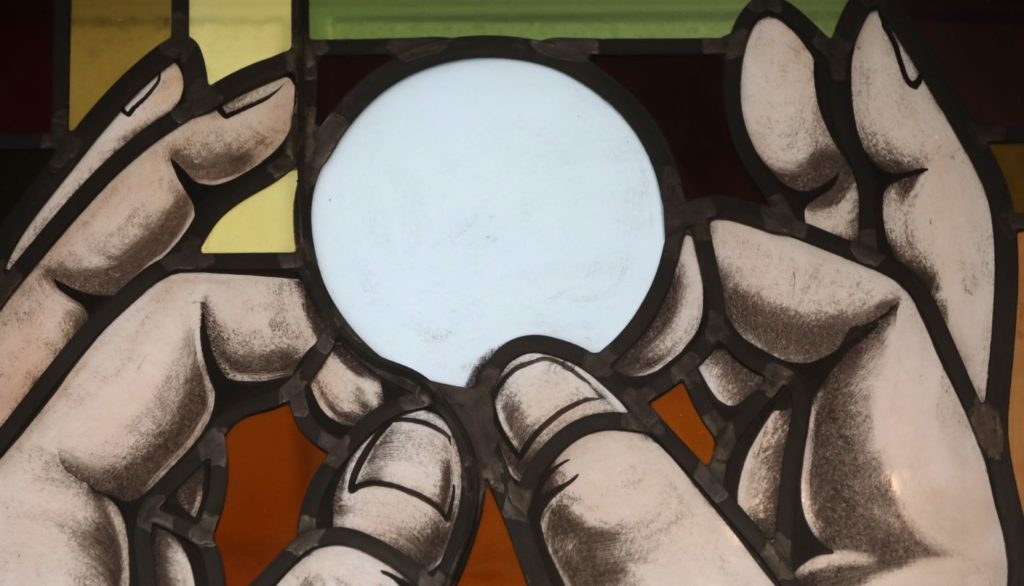On June 19, 2022, the Solemnity of Corpus Christi, the National Eucharistic Revival Project will begin in the dioceses of the United States under the theme "My Flesh for the Life of the World". This was decided on November 17, 2021 by the bishops of the United States during their Plenary Assembly in Baltimore. The initiative, whose patron saint will be Blessed Carlo Acutis, who died at the age of 15 from leukemia and was beatified in 2020, will culminate in a National Eucharistic Congress in July 2024 in Indianapolis, Indiana. The goal of the project is to renew the Church through a living and personal relationship with Our Lord Jesus Christ in the Most Holy Eucharist. The Initiative has two phases: diocesan and parish.
The first phase will begin with a procession on June 19, 2022, the second a year later on June 11, 2023, both Solemnities of Corpus Christi in the United States. The project contemplates the promotion of Eucharistic Adoration, the 40-hour devotion, mercy nights with Adoration and confession (especially during Advent), missions with renowned preachers on the Eucharistic Mystery, the training of diocesan and parish teams, promotion on websites and social networks and the elaboration of catechetical materials on the crowning Sacrament of Christian life.
The mystery of the Eucharist in the life of the Church
One of the pillars of this national Eucharistic revival initiative will be the document "The Mystery of the Eucharist in the Life of the Church," which was unanimously approved by the U.S. bishops on Nov. 17. The initial version of this document provoked heated debates among the U.S. prelates during their spring virtual meeting because they thought it was intended to prohibit communion to specific public figures who claim to be Catholic and receive communion, but whose actions go against the Church's teachings, particularly on abortion and family issues; for example, President Joe Biden. The document, the prelates later clarified, is not intended to issue public vetoes but to become a catechetical instrument on the Eucharistic Mystery, in view of the decrease of parishioners at Sunday Mass and the ignorance of 2/3 of American Catholics, for whom the Body and Blood of Christ consecrated in the Mass are only "symbols".
The thirty-page text takes up the Church's teaching on the Eucharist and includes numerous quotations from the Fathers of the Church, liturgical books, the Catechism of the Catholic Church, Canon Law and the Magisterium. The document includes several themes among them the Paschal Sacrifice, the Real Presence of Christ in the Eucharist, communion with Christ and with the Church. The second section speaks of the coherence that all Catholics should have between their faith and their political, economic and social life. This includes those who exercise some form of public authority, who "have a special responsibility to form their conscience in accordance with the faith of the Church and the moral law, and to serve the human family by defending human life and dignity."
The text also recalls that one should not receive communion while in mortal sin without first approaching sacramental Confession. In this sense, the prelates mention what they had already pointed out in 2006: "If a Catholic in his personal or professional life deliberately and obstinately rejects the doctrines of the Church or if he deliberately repudiates the definitive teachings of the Church in matters of morality, such a person undermines his communion with the Church" and should abstain from receiving Holy Communion.The national Eucharistic revival initiative also calls for a second survey of American Catholics' practices and knowledge of the Eucharist to be conducted by the end of 2024. The bishops hope by then to have succeeded in reaffirming one of the central dogmas of the faith, the Real Presence of Christ in the Eucharist, and thereby increase their personal union with the Lord.









